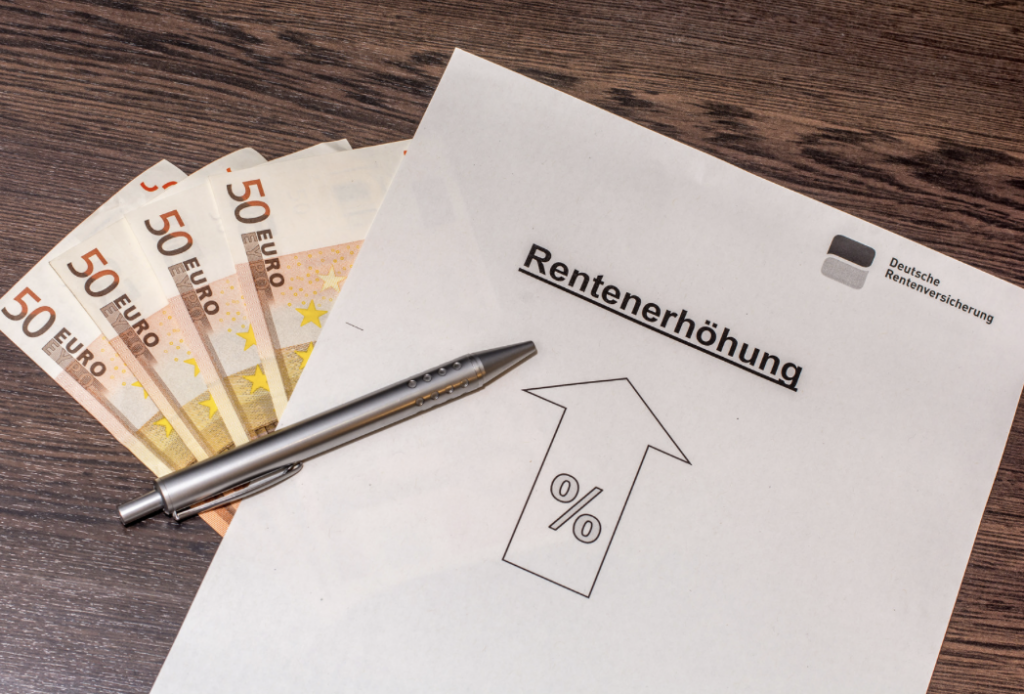Germany is becoming an increasingly popular destination for retirees from around the world. With its high-quality healthcare system and strong, stable economy, it offers a compelling environment for those looking to spend their retirement abroad. However, understanding the overall process of retirement in Germany for expats as well as the details of the healthcare and pension systems is essential for a successful transition.
Why Does Germany Appeal to Retirees?
Retirement in Germany for expats has become popular due to its excellent healthcare, stable economy, and high quality of life:
- High quality of life. Safe cities, efficient public services, and a strong social welfare system make daily life comfortable and secure for retirees.
- Excellent healthcare. Germany’s healthcare system is ranked among the best in the world, offering retirees reliable access to top-tier medical care when they need it most.
- Rich culture. From classical music to world-class museums, Germany provides a wealth of enriching cultural experiences.
- Efficient infrastructure. With reliable public transport and well-maintained roads, getting around Germany is easy, making mobility convenient and stress-free.
2. Legal Requirements for Retiring in Germany
For Non-EU citizens, there are a few key requirements to fulfill in order to enjoy a smooth retirement in Germany for expats. These include:
- Proof of financial self-sufficiency. You’ll need to demonstrate that you can support yourself financially through pensions, savings, or other reliable income sources.
- Valid health insurance. Ensuring you have comprehensive health insurance coverage is essential. This could be private or public health insurance, depending on your situation.
- Local registration (Anmeldung). Once you arrive in Germany, you’ll need to register with the local authorities within two weeks, a process known as Anmeldung. This is necessary for obtaining your residence permit.

For EU citizens, the process is a bit simpler. You don’t need a specific residence permit to retire in Germany, as you have the right to live and work in the country. However, you’ll still need to ensure you have adequate health insurance and register your address (Anmeldung) upon arrival.
3. Health Insurance Options for Expat Retirees in Germany
In Germany, health insurance is a requirement for all residents, including retirees. When it comes to health coverage, retirees have two main options:
Public health insurance (GKV)
This is often the go-to choice for EU citizens or those who are receiving a pension from a German source. Despite being generally more affordable, public insurance tends to have longer wait times and more limited options for specialized care.
Private health insurance (PKV)

3.1. Choosing Between Public and Private Insurance
When deciding on the right insurance plan, it’s important to consider your personal needs and circumstances:
- Public insurance. While premiums are income-based and include family coverage, public insurance tends to have longer wait times and more limited options for specialized care.
- Private insurance. Private insurance offers shorter wait times, broader coverage, and more personalized services, making it the preferred option by most retirees.
3.2. Health Insurance Costs in Retirement
The costs of health insurance in Germany depend on whether you choose public or private coverage:
- Public insurance. Typically costs around 14-15% of your pension income. This rate is income-based, meaning the amount you pay will depend on the size of your pension or other earnings.
- Private insurance (PKV). Premiums for private insurance generally range between €400 and €800 per month, depending on factors such as age, health status, and the level of coverage you select.
Additionally, both systems may involve co-payments for certain services and medications. These are usually capped annually, ensuring you don’t face unlimited costs for frequent treatments.
4. Understanding Pensions in Germany
As an expat retiree in Germany, it’s essential to understand how the pension system works and how it might apply to you:
State pension system (Gesetzliche Rentenversicherung)
If you’ve worked in Germany for a certain number of years, you may be eligible for the state pension. The amount you receive depends on your contributions during your working years. However, expats who haven’t contributed to the German system may need to explore alternatives.
Pension portability
Private and company pensions
5. Taxation for Retired Expats
Germany taxes worldwide income, including pensions. Therefore, a successful retirement in Germany for expats also requires navigating taxation. Here are the key points to keep in mind:
- Double taxation agreements. Germany has agreements with countries such as the US, UK, and Canada to prevent double taxation on pensions and other income.
- Tax returns. Depending on your income sources, you may be required to file a tax return.
- Consulting a tax advisor. It’s highly recommended to consult with a tax advisor familiar with expat taxation to navigate the complexities.

6. Access to Healthcare Services
Healthcare access is a major asset in retirement in Germany for expats. Here are some tips:
- Find English-speaking doctors. You can easily find English-speaking doctors through expat networks or through recommendations from your insurer.
- Emergency services. Dial 112 for emergency medical services, which are prompt and efficient.
- Routine care. Preventive care and routine screenings are well-integrated into the healthcare system, ensuring early detection and health maintenance.
At MW Expat, we can help connect you to these services to ensure smooth access to care. We are here to help, so do not hesitate to reach out to us!
7. Tips for Settling in as a Retiree
- Learn basic German. Understanding the language helps with daily tasks, interacting with locals and navigating the bureaucracy.
- Join expat clubs, language courses, or volunteer groups. These are great ways to build social connections and integrate into your new community.
- Utilize city hall and expat services. These resources can help with permits, documentation, and understanding local regulations.
- Consider budgeting for living costs. Make sure you account for rent, health insurance, and everyday expenses when planning your finances in Germany.
- Explore tax advantages. Germany offers tax deductions for certain retirement-related expenses and has agreements to prevent double taxation, which may benefit expats.
- Look into local discounts. Many places offer senior discounts, from public transport to museums, making life more affordable.
Retirement in Germany for expats can be a fulfilling and enriching experience. With its outstanding healthcare, cultural offerings, and stable environment, Germany remains a top choice for international retirees. From securing health insurance to understanding pensions and taxes, being well-informed is key for a smooth process.
If you need assistance with planning your retirement or advice on choosing the right type of health insurance, feel free to reach out to us here. We also have a live chat feature available on every page! If you have any questions, just click to start a conversation, and our team will be happy to assist you shortly.
What our clients say about our services






Secure your future abroad with tailored insurance & pension plans
Get expert advice on the best solutions for expats – personalized to fit your unique needs. Start planning today!





























